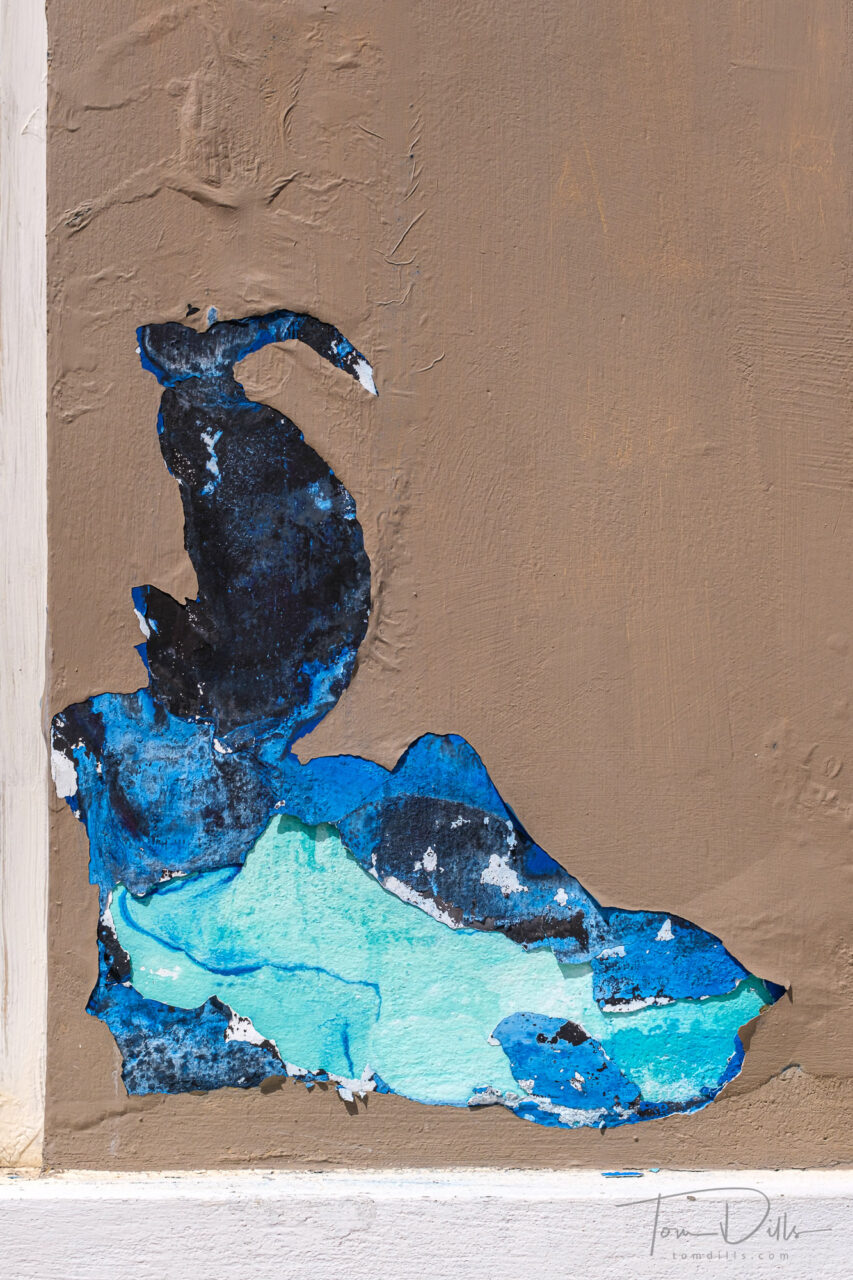
We often read about old paintings where previous paintings are discovered beneath the top layer. While not a work of art, it looks like this building in Aruba has had quite a few different looks over the years.
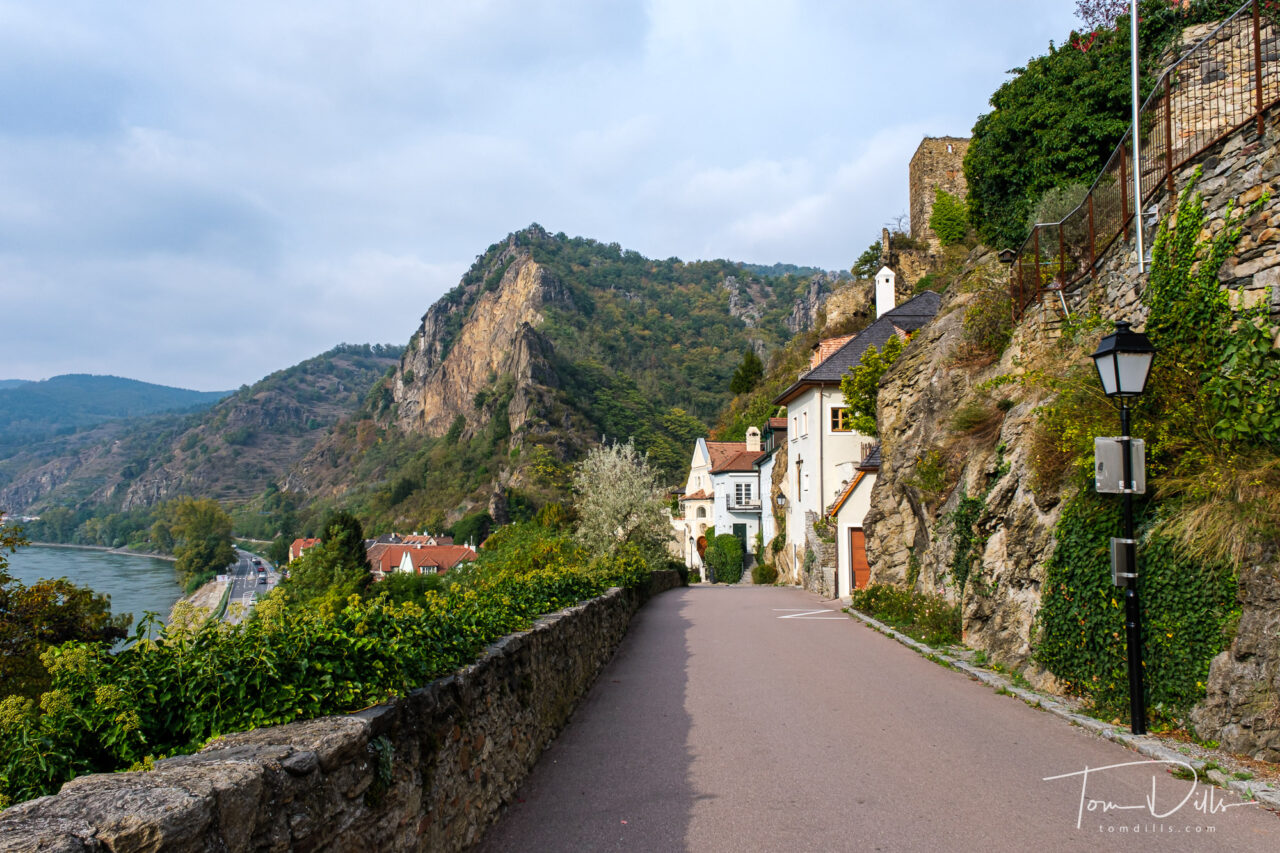
My apologies, but life sort of got in the way this past week or so and I’ve fallen behind in my posting. My photo processing is now complete so I will attempt to catch up quickly.
We visited the lovely town of Durnstein, Austria and I managed to catch this view of the town and the Danube in the distance.
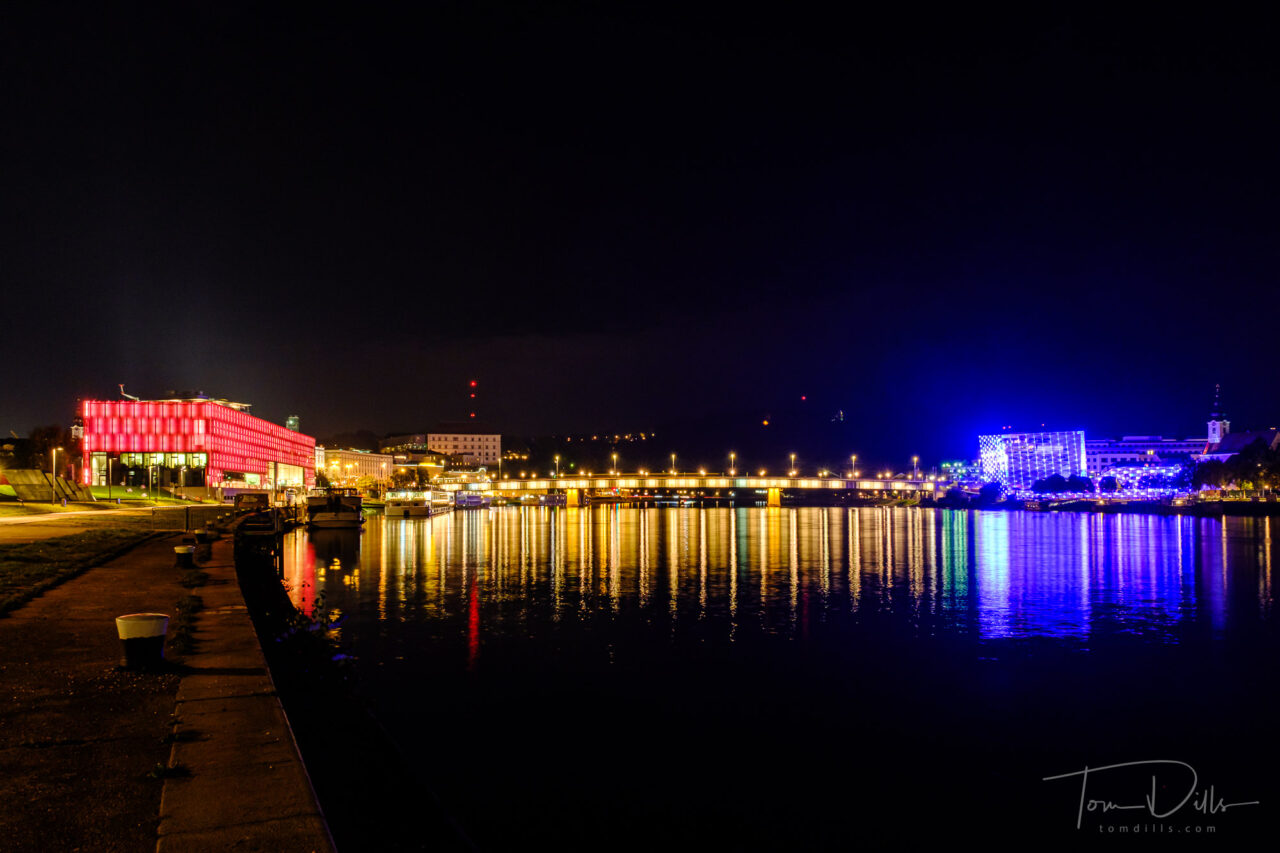
The journey continues with a photograph from Linz, Austria. We stayed in Linz until late in the evening, and I was able to capture this scene just after dinner. The building on the left is the Lentos Fine Art Museum, and on the right (blue in this photo – it changes) is the Ars Electronica Center, a museum of technology.
I’ve got a few more postcards to share while I catch up on my processing, so stay tuned!
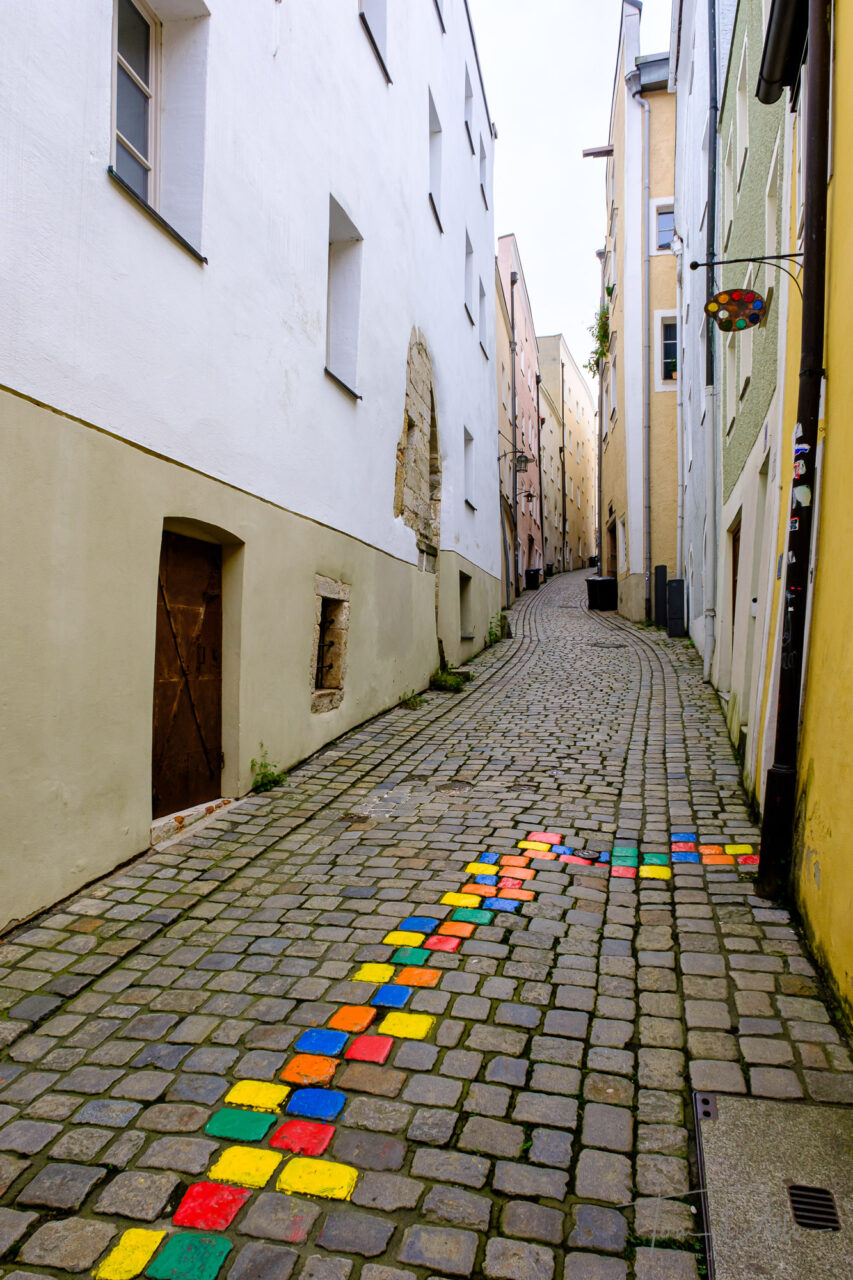
One of the notable features of Passau is the many narrow alleyways, with cobblestones painted to direct visitors to artists’ studios. Many of the shops were closed at the time of our visit due to the artists being on holiday, but the alleys themselves were interesting to explore.
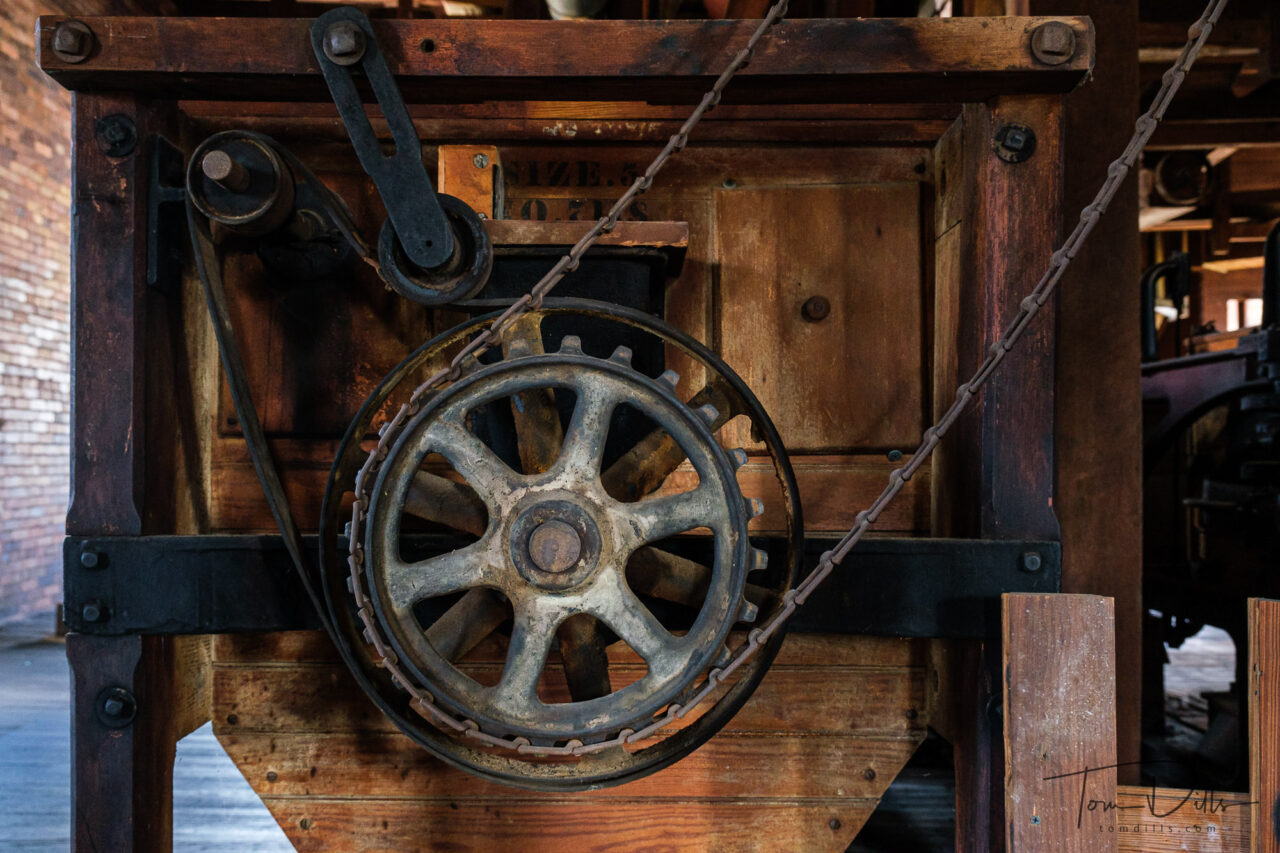
I recently cancelled the subscription to my last photography publication. Once upon a time I subscribed to all the usual physical magazines – Pop Photo, Outdoor Photographer, Shutterbug, etc. That I happened to hang on to Lenswork has no significance other than I had not bothered to cancel it previously. Realistically I could never figure out how to cancel it, until one day I happened to be on Paypal and found that I could cancel my recurring payment through Paypal. It just so happened that it was the day before the day they were planning to send the renewal payment!
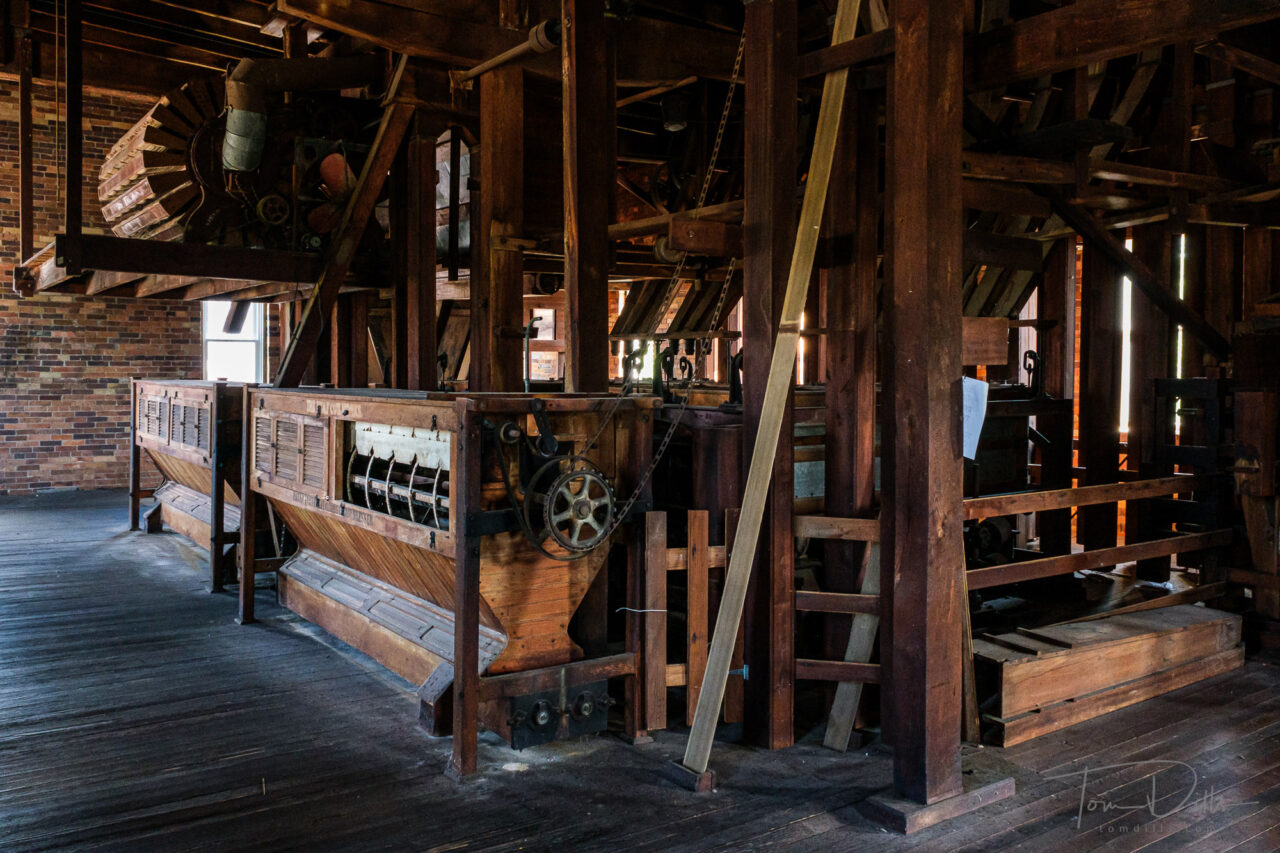
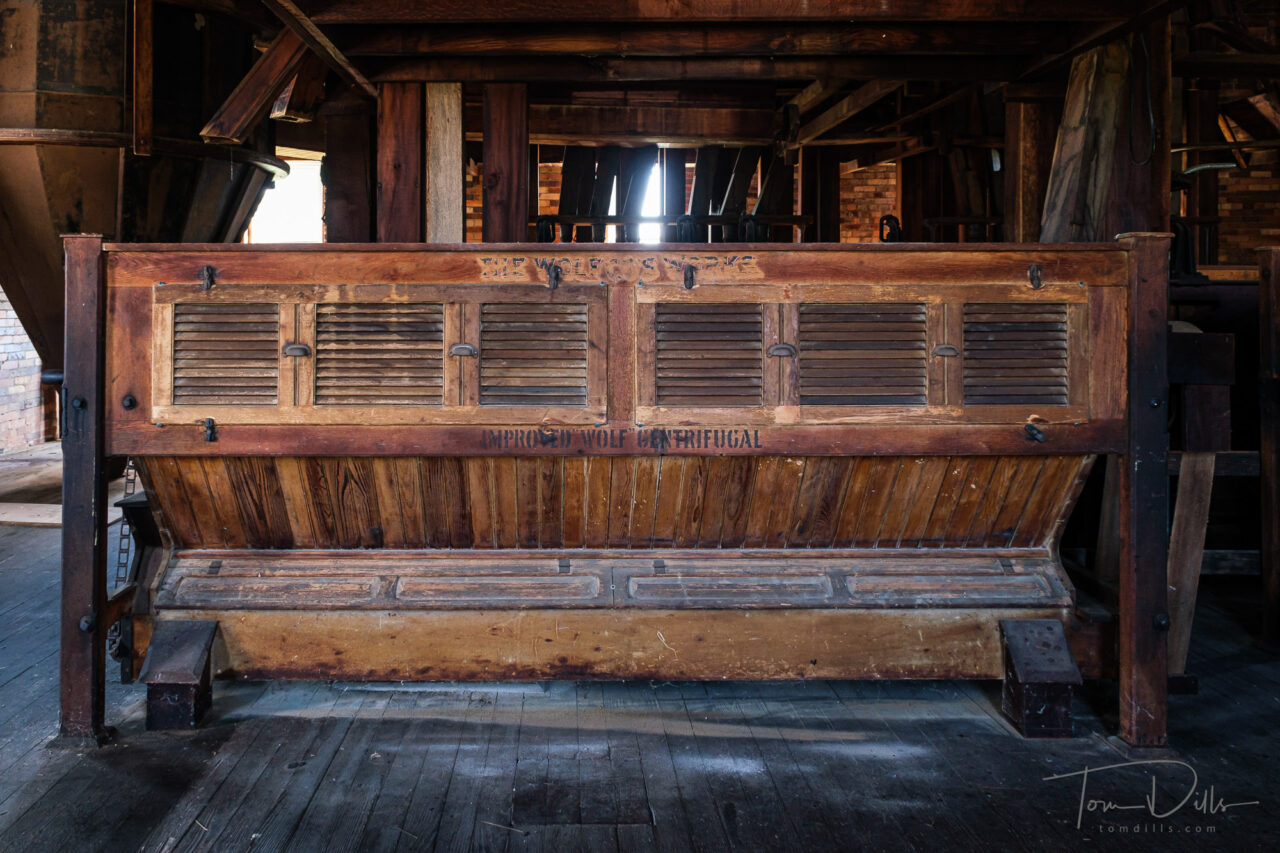
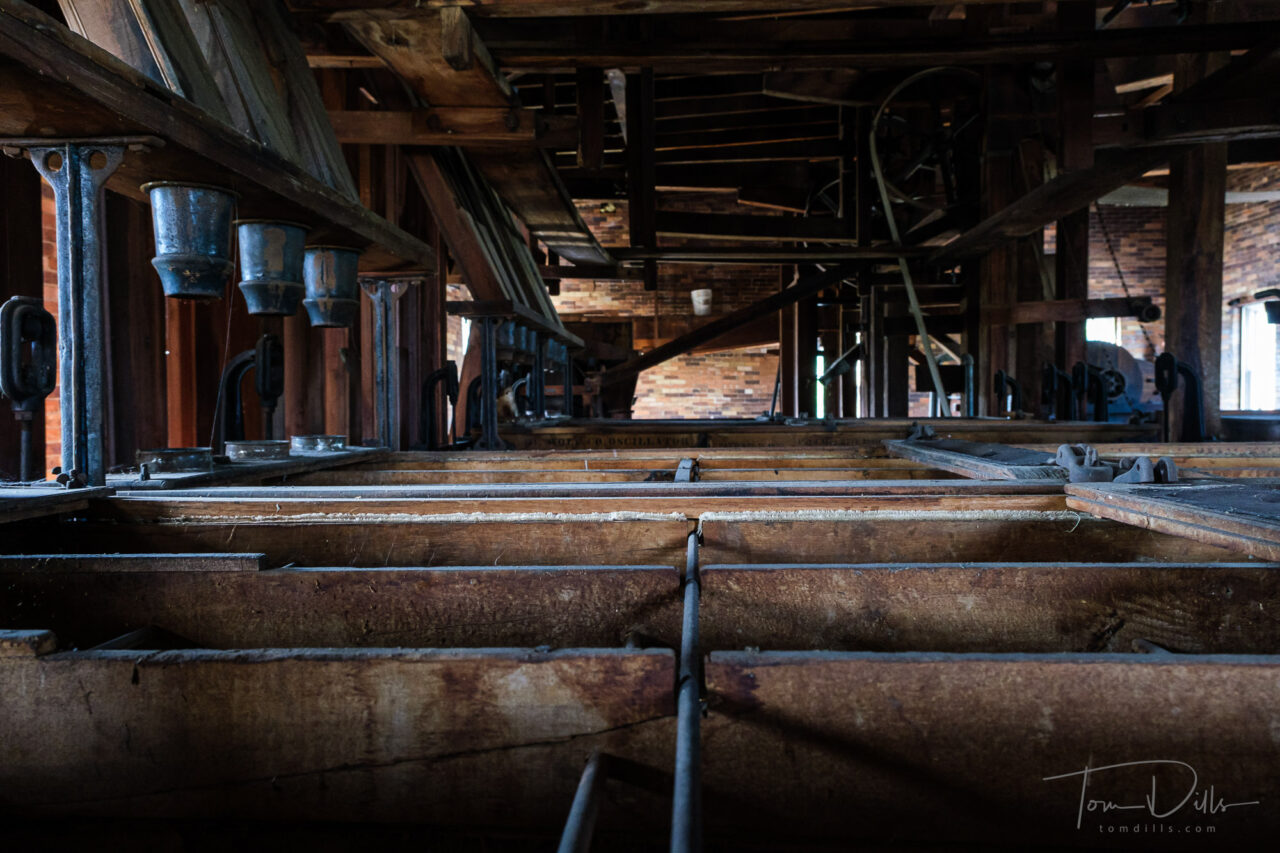
At one time I found the articles in all these various magazines to be informative and inspirational. For an aspiring photographic rookie who had never processed film in a darkroom, went to school to be a banker then spent 40 years behind a desk, these publications were a source of information that helped me build the inventory of vision and inspiration that I have today. The “old school” magazines (are they even in business?) slowly became a collection of advertising disguised as articles, with even more and more actual ads and very little inspirational content. Lenswork is a fine publication, and of course doesn’t have any advertising, but listening to Brooks’ ramblings and looking at endless sepia toned photographs just wasn’t doing it for me. It was past time to move on.
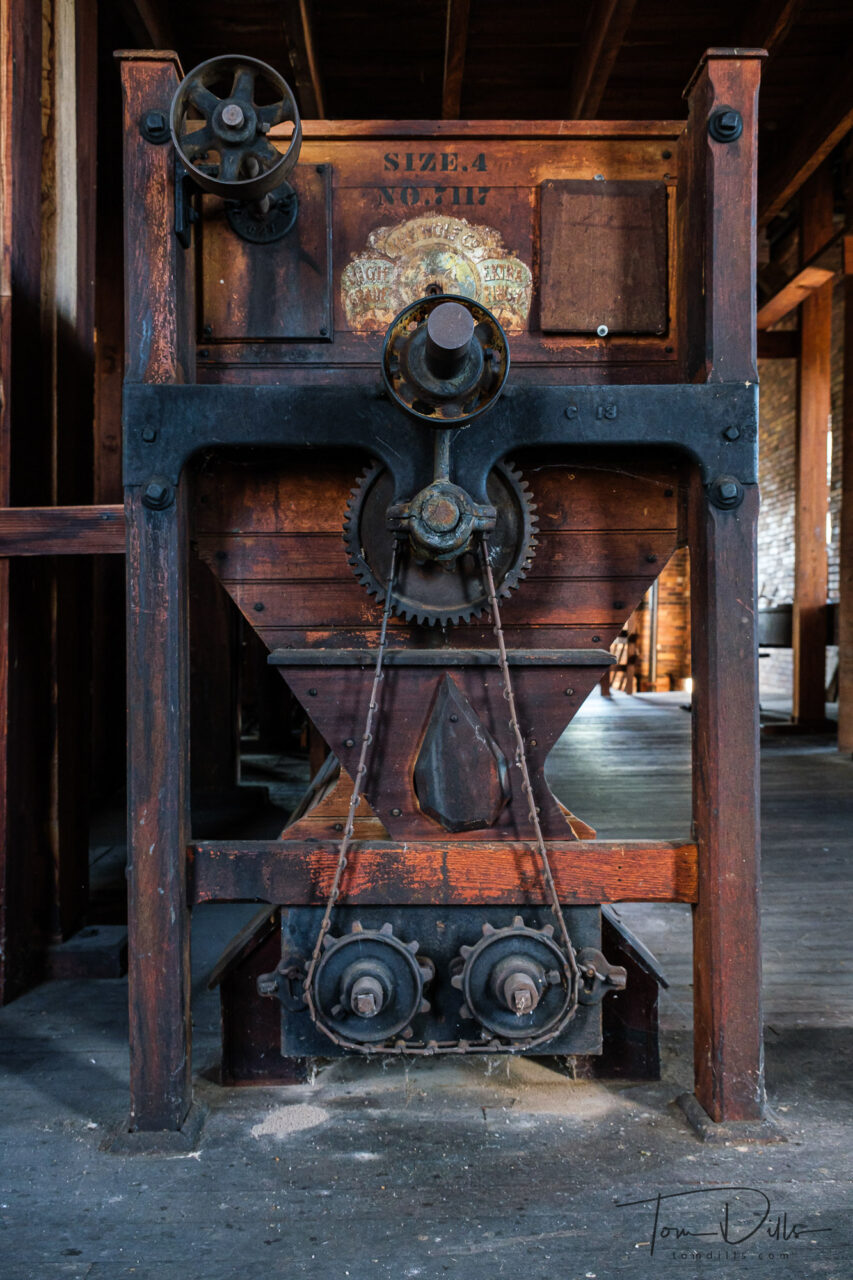
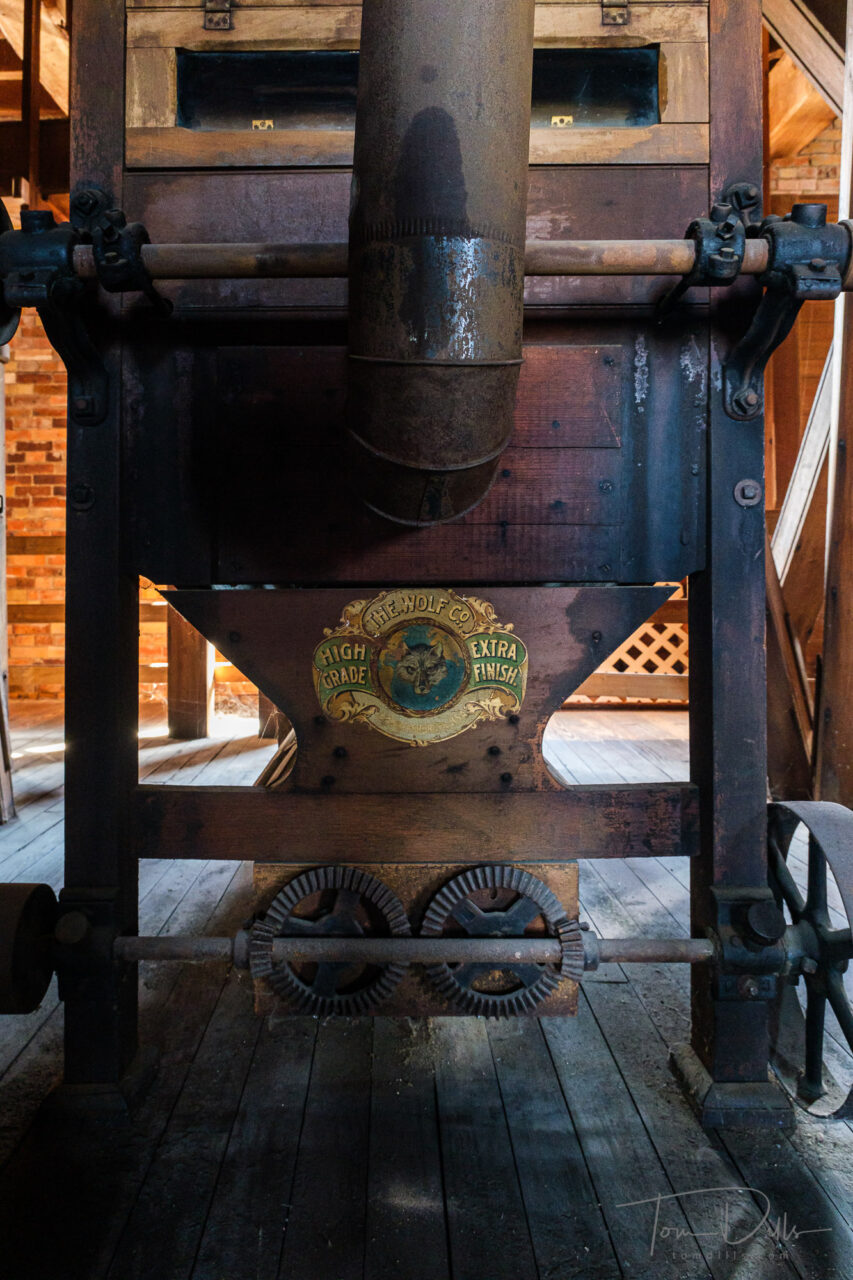

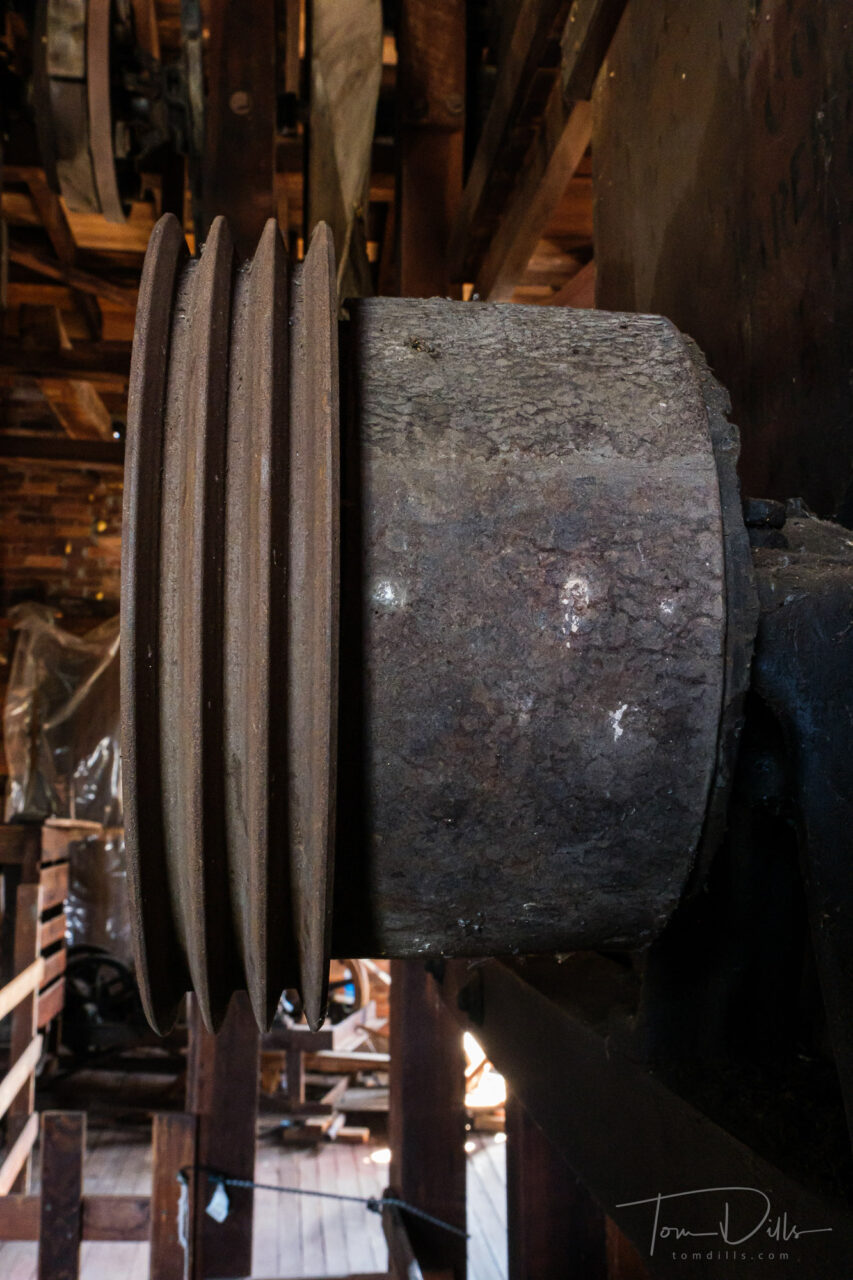
So where so we get inspiration these days? Once upon a time I was an avid listener to several excellent podcasts, where I learned about the history of photography, the creative side of photography and the craft and vision of photography. Sadly those podcasts have gone dormant or their owners have gone a different direction, and they have been replaced by endless camera reviews and videos about the latest software or newest Photoshop trick. And let’s not get started on all the non-photography shows with people shouting about all the things we should be scared of or peeved off about.
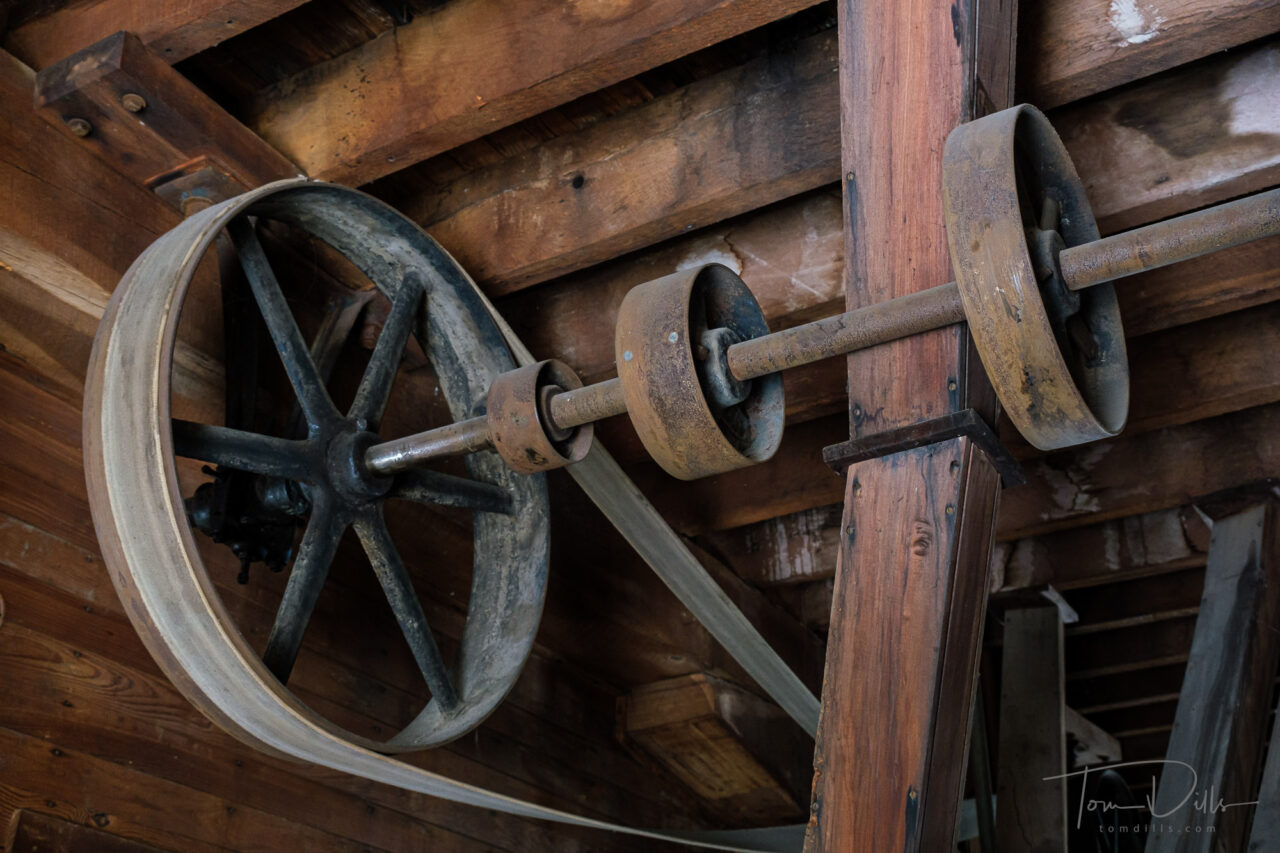
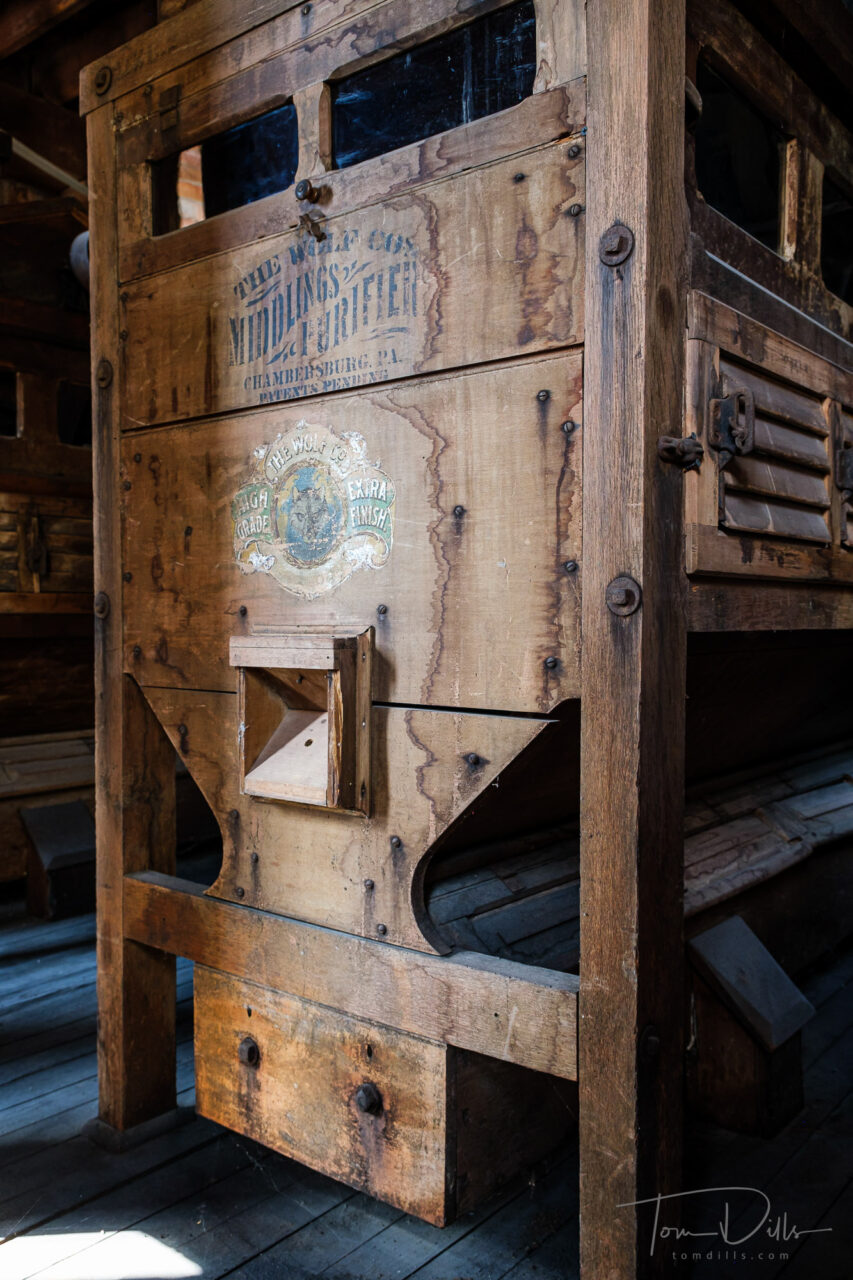
I’m sure there are still quality shows out there, but – ironically – I haven’t been motivated to look for them. I follow a lot of photographer’s blogs, and have a very closely curated list of photographers – and nearly only photographers – that I follow on Instagram. I’d much rather read a book than watch videos so I don’t spend a lot of time on YouTube, but I’d be interested in suggestions of quality sources of inspiration and motivation. I don’t even mind paying for content if it is worth it – this isn’t about the money although there is a limit to my generosity. I don’t really want to deal with another so-called social media platform, but I’m open to suggestion. Let me know in the comments if there are any recommendations.
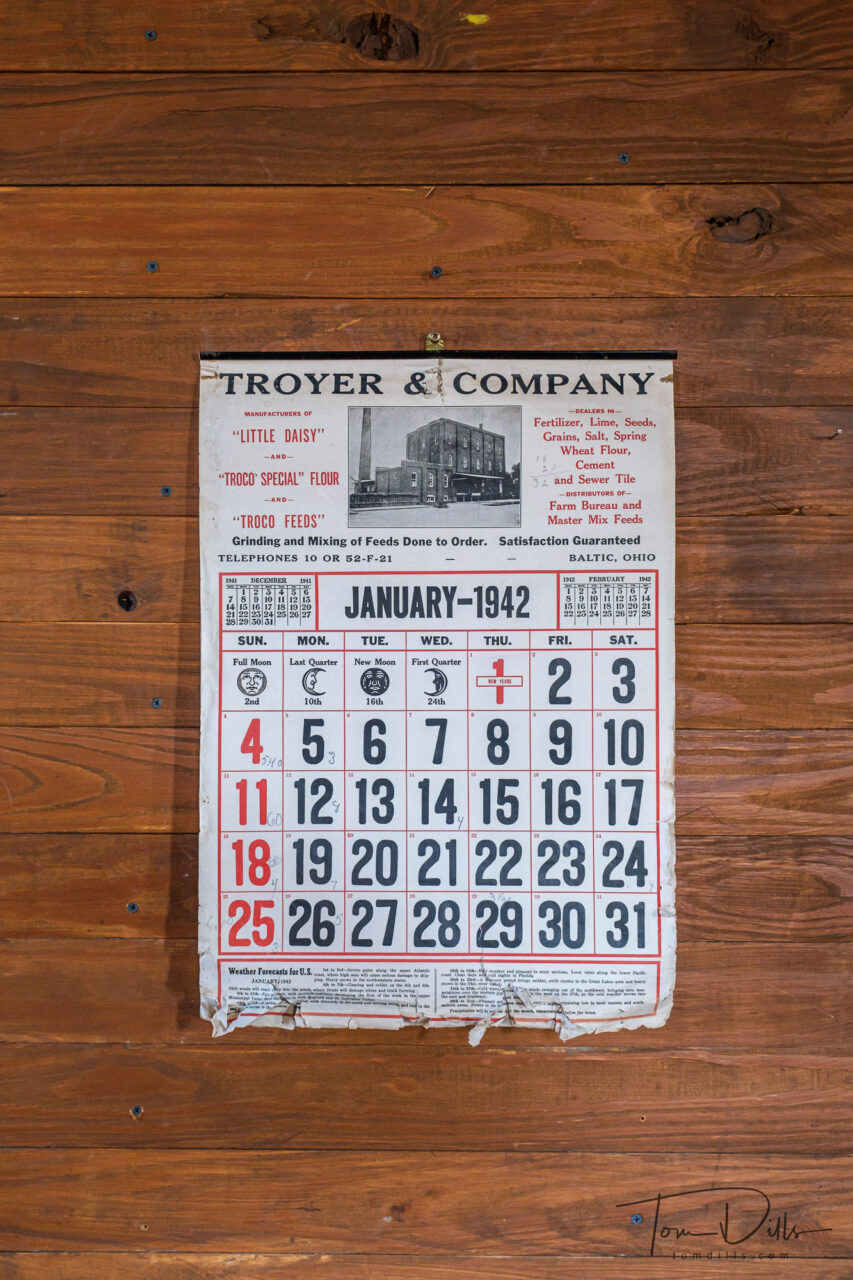
We’re off on another adventure shortly and I may have a few postcards to toss out along the way, so stay tuned!
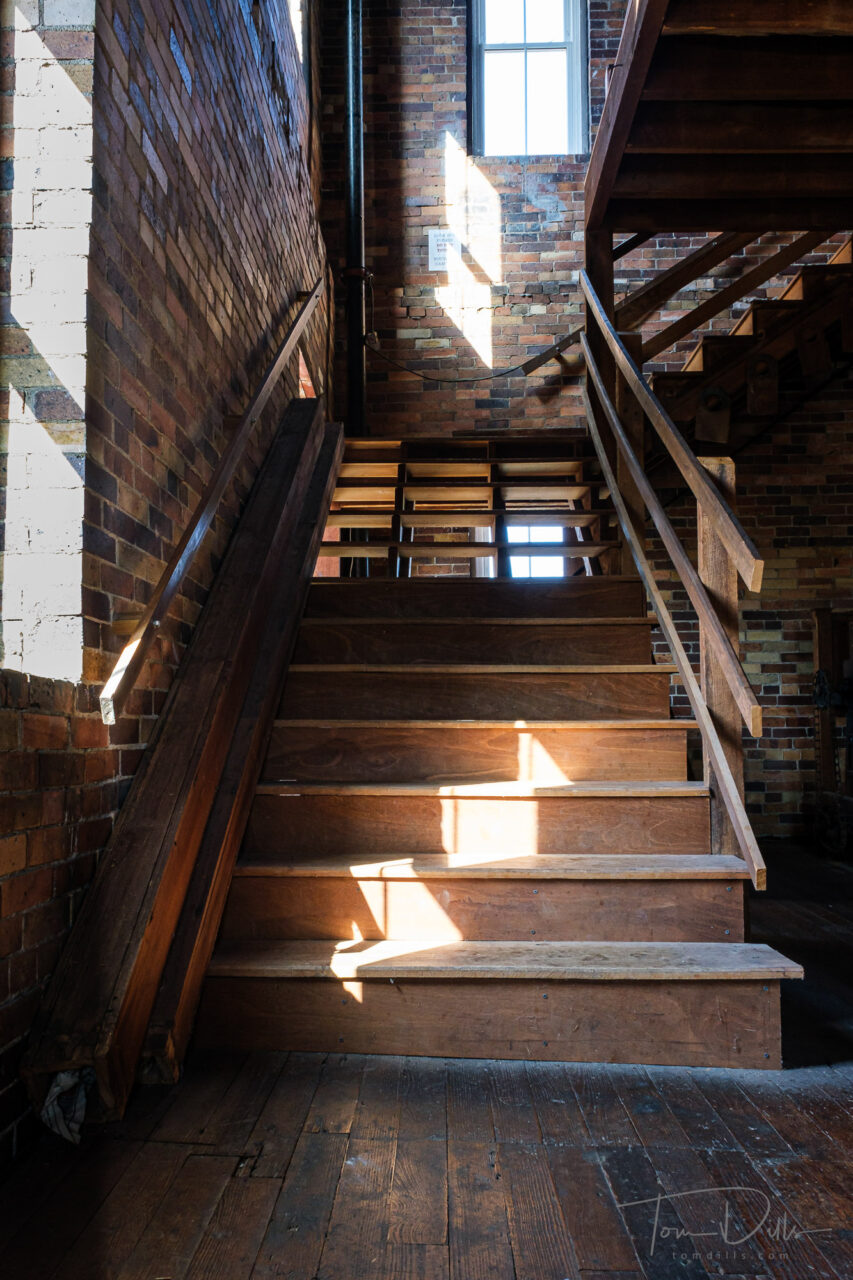
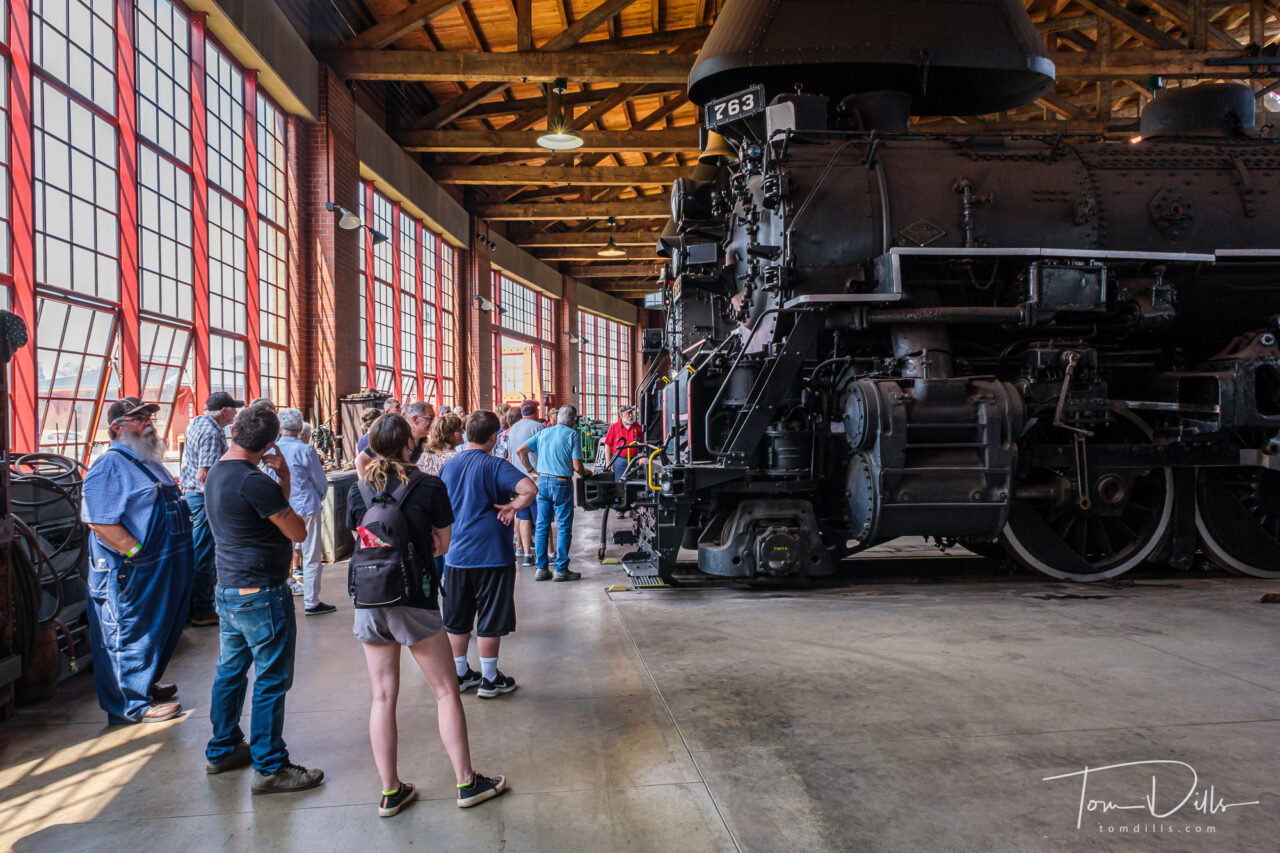
Just about the time Kathy is certain she never has to see an other airplane, car or train museum, I find a new one. 😉
Kathy & I recently returned from a trip to central Ohio over the Labor Day weekend, visiting family and friends there. While looking over things to do for that trip, I discovered the Age of Steam Roundhouse, a railroad museum located near the town of Sugarcreek.
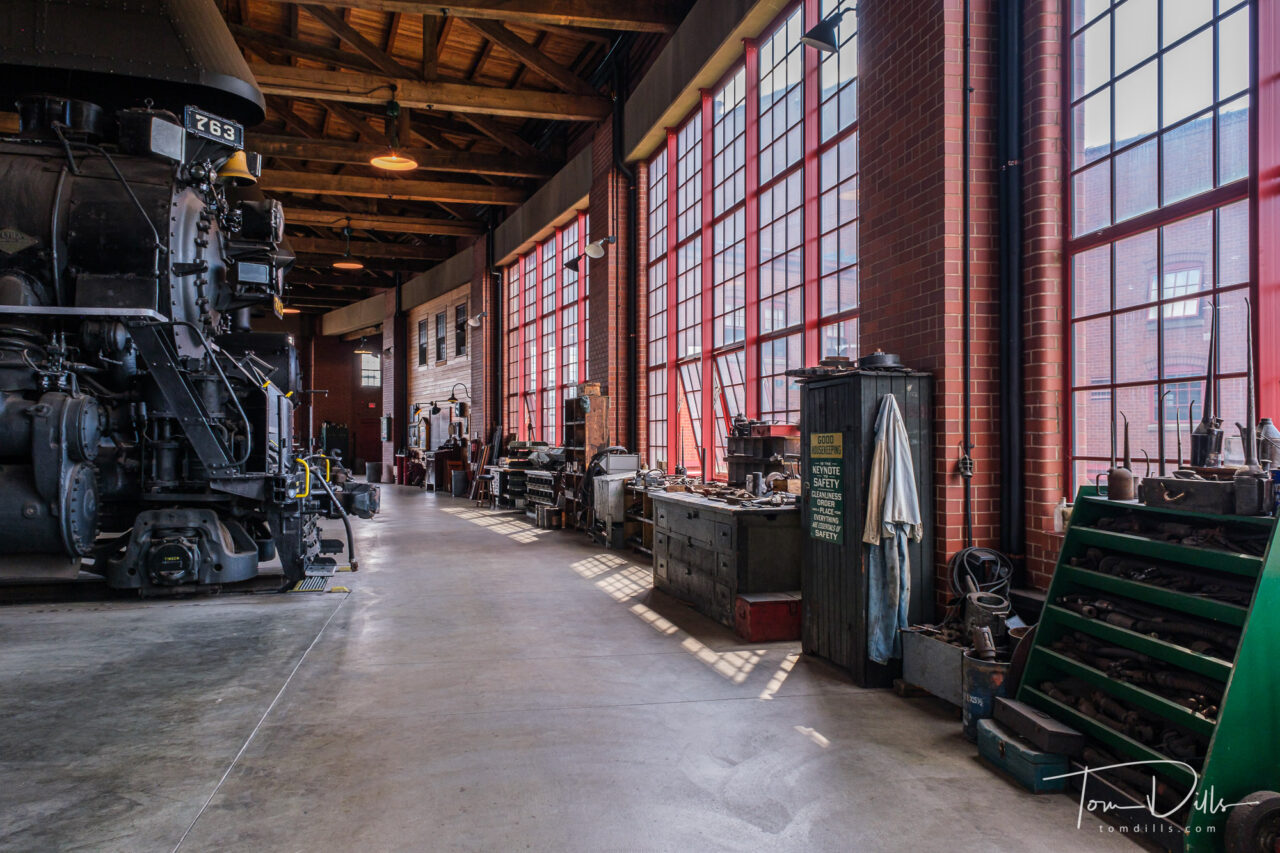
The Age of Steam Roundhouse is actually much more than simply a railroad museum. The roundhouse was built with private funds by a man named Jerry Jacobson and his wife Laura. Jacobson retired in 2008 from the railroad industry, selling his entire 525-mile Ohio Central Railroad System (OCRS) freight railroad to Genesee & Wyoming, a short-line railway company headquartered in Rochester, NY.
As well as being a regular revenue railroad, the Ohio Central had its own steam department that operated steam locomotives for tourist trains, excursions, and special events. When Jacobson sold OCRS in 2008, he maintained ownership of the antique equipment, including the collection of steam locomotives. Needing a place to safely house and restore his old-timers, Jacobson acquired 34 acres of land adjacent to the OC track and constructed his Age of Steam Roundhouse Museum. He built two miles of storage tracks, a depot, store house, coal loader, wood water tank, ash pit, back shop and, the jewel of the site, a working, 18-stall brick roundhouse that surrounds a 115-foot turntable. This was the first full-sized working roundhouse built in the U.S. since 1951.
Since Jacobson’s death in 2017, The Age of Steam Roundhouse Museum is currently operated by a non-profit organization and has three roles: maintaining its roster of 23 steamers, teaching future generations these fast-disappearing job skills, and bringing America’s railroad history alive.
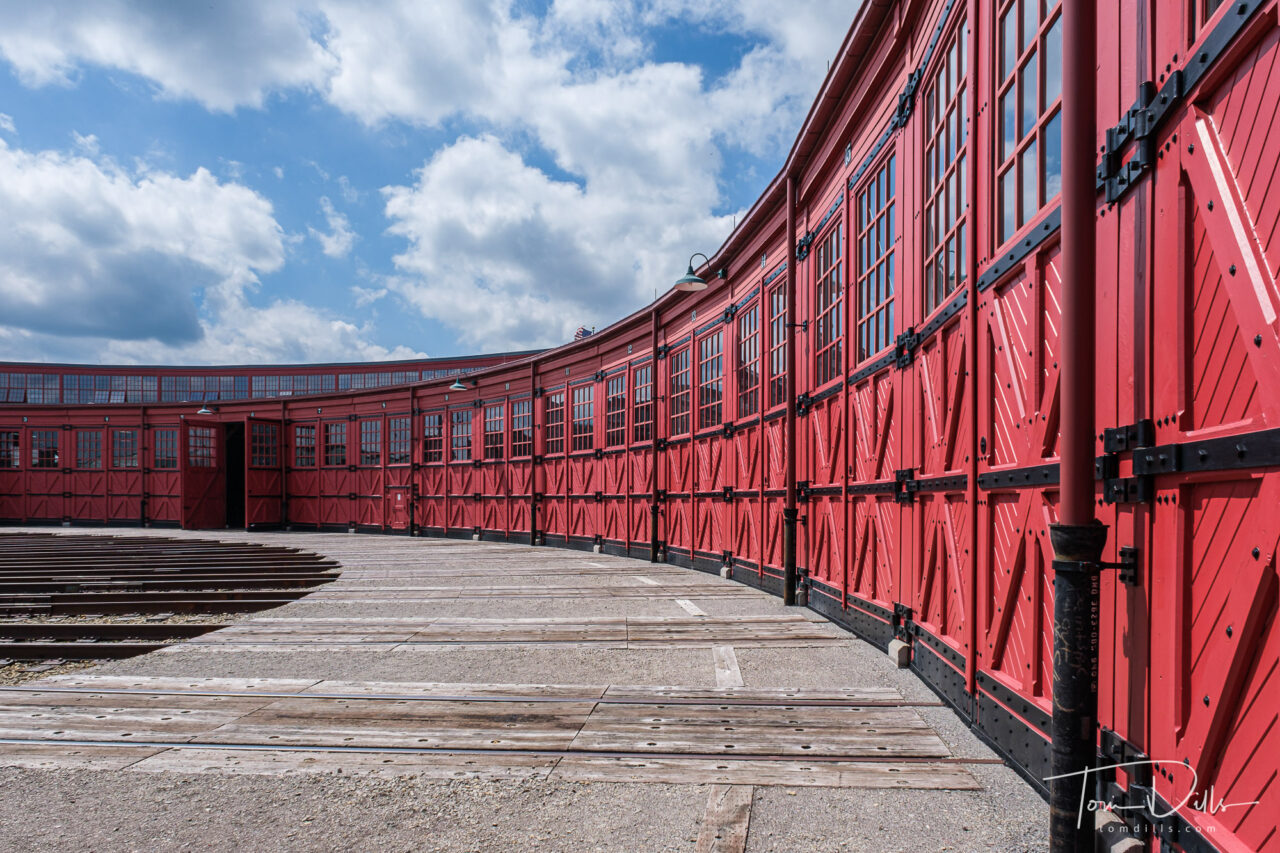
Kathy & I, along with my brother Bob and his wife Suzie, booked a tour of the Roundhouse one afternoon, and these are (more than) a few of my photos from this fascinating visit. I just couldn’t narrow them down further and still tell the story! 🙂

Just like I occasionally need reminded to take HDR and Panorama photos, I often forget to take pictures from something other than eye, or tripod, level. On our recent visit to the Keweenaw Peninsula of Michigan I managed to take a few photographs from a different perspective. Having an articulating screen helps! 🙂


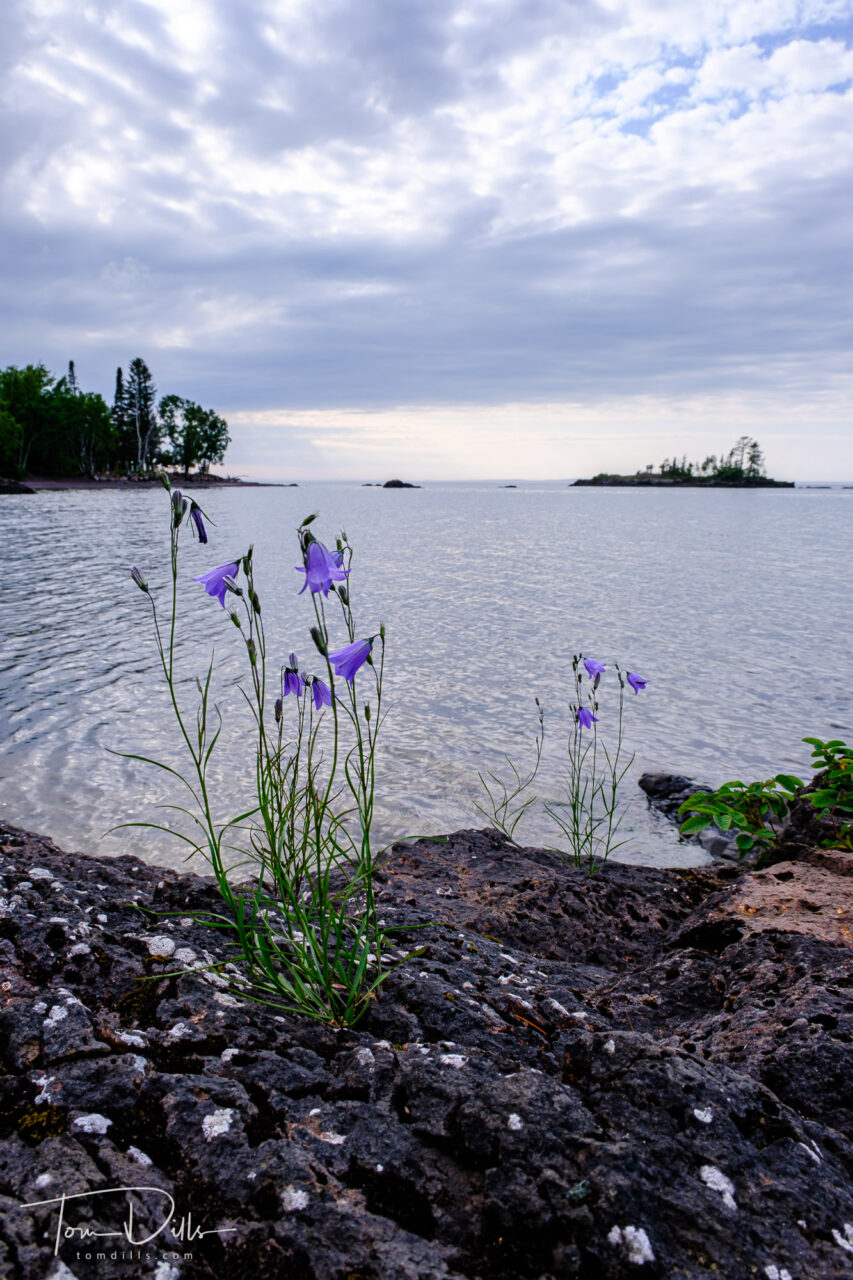
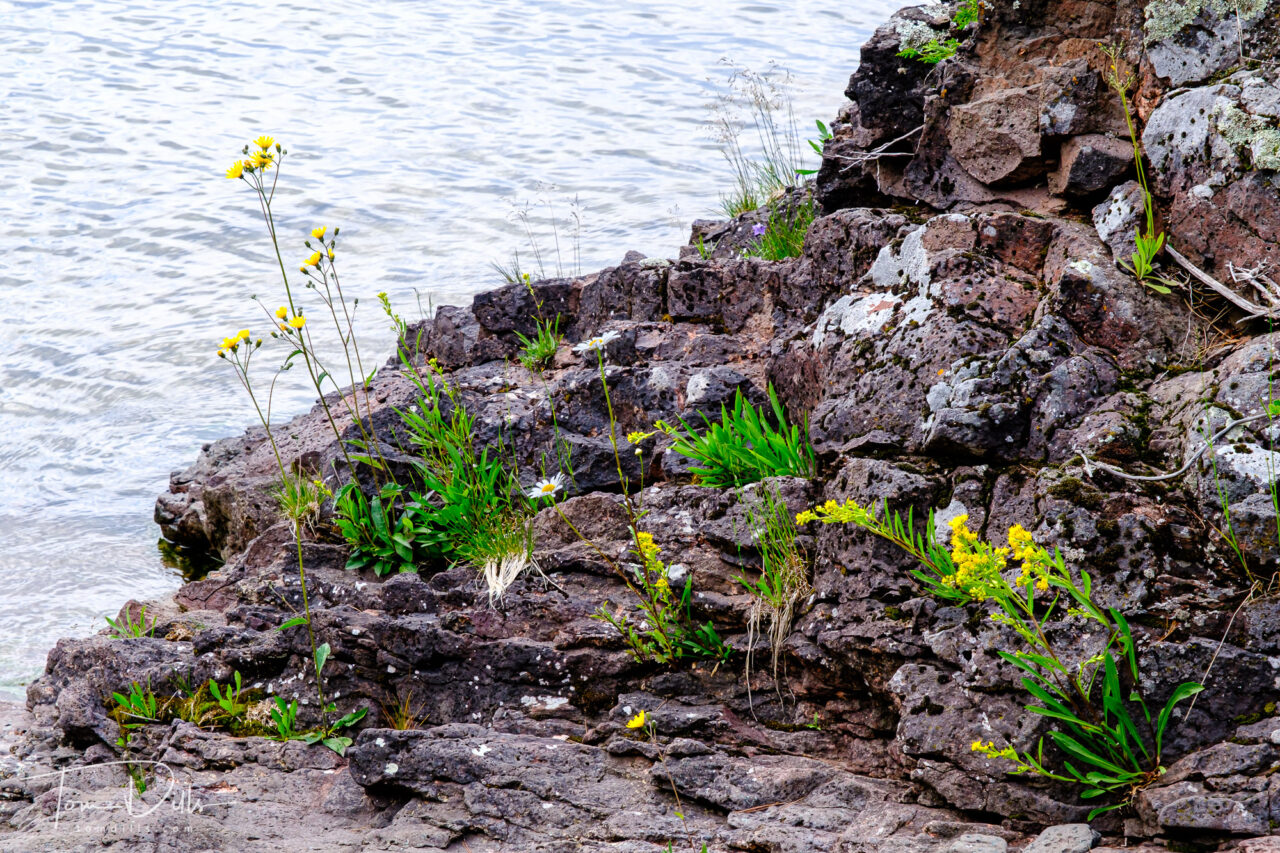

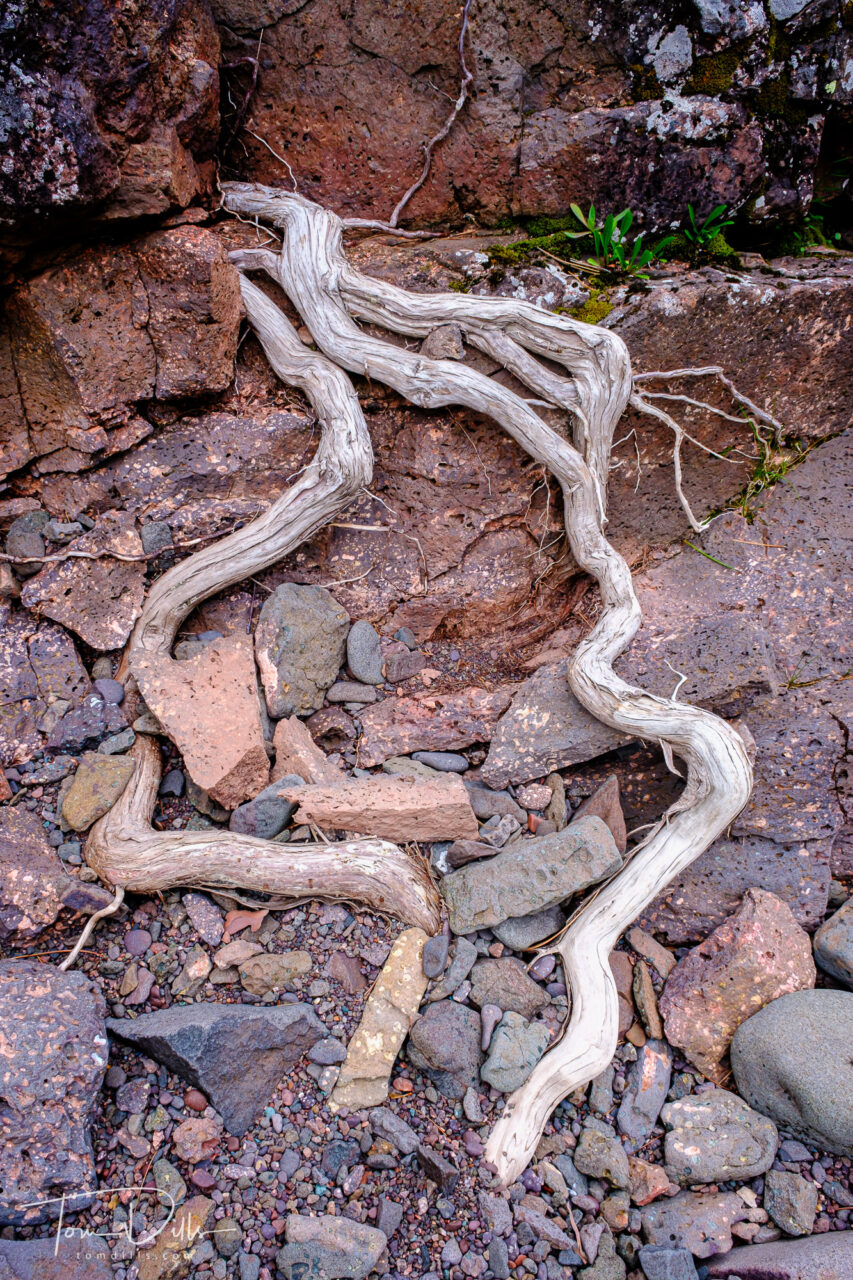


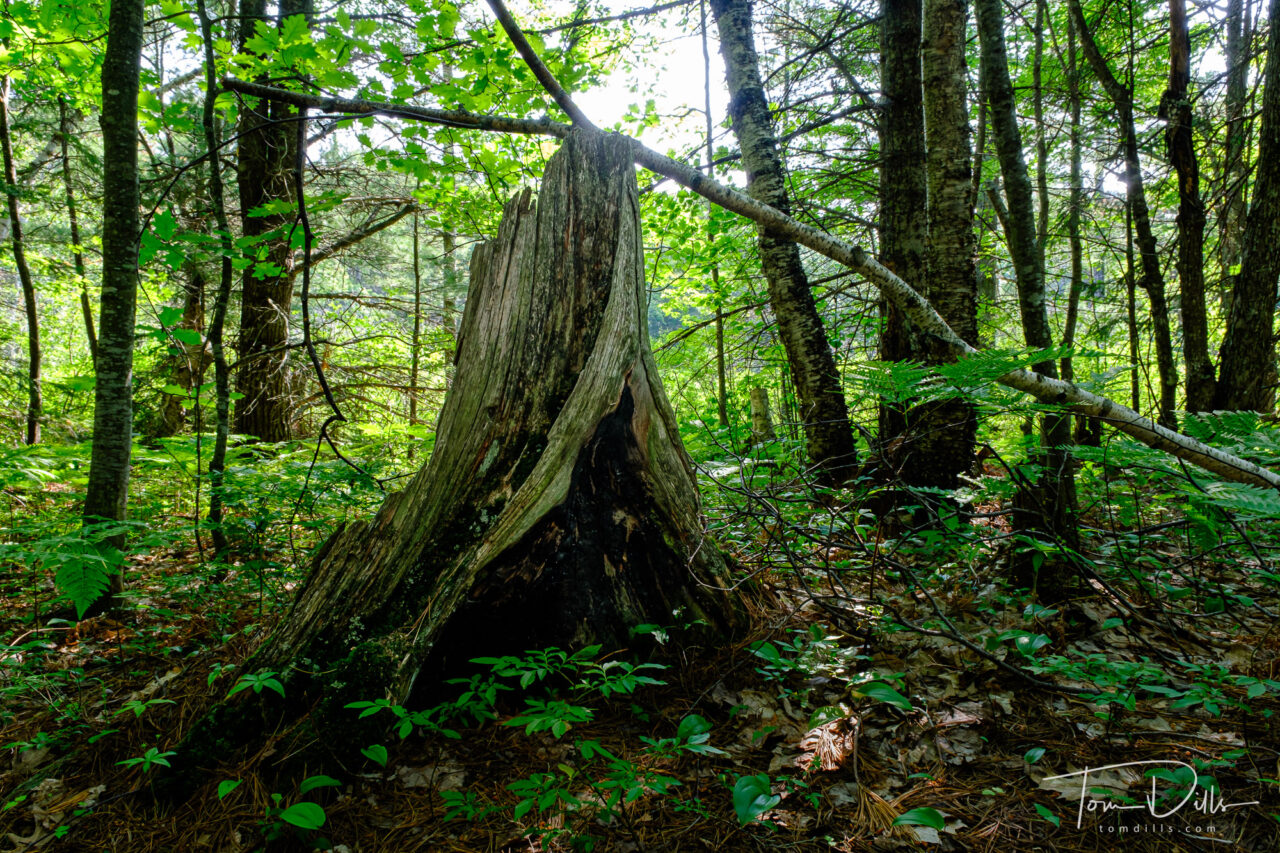
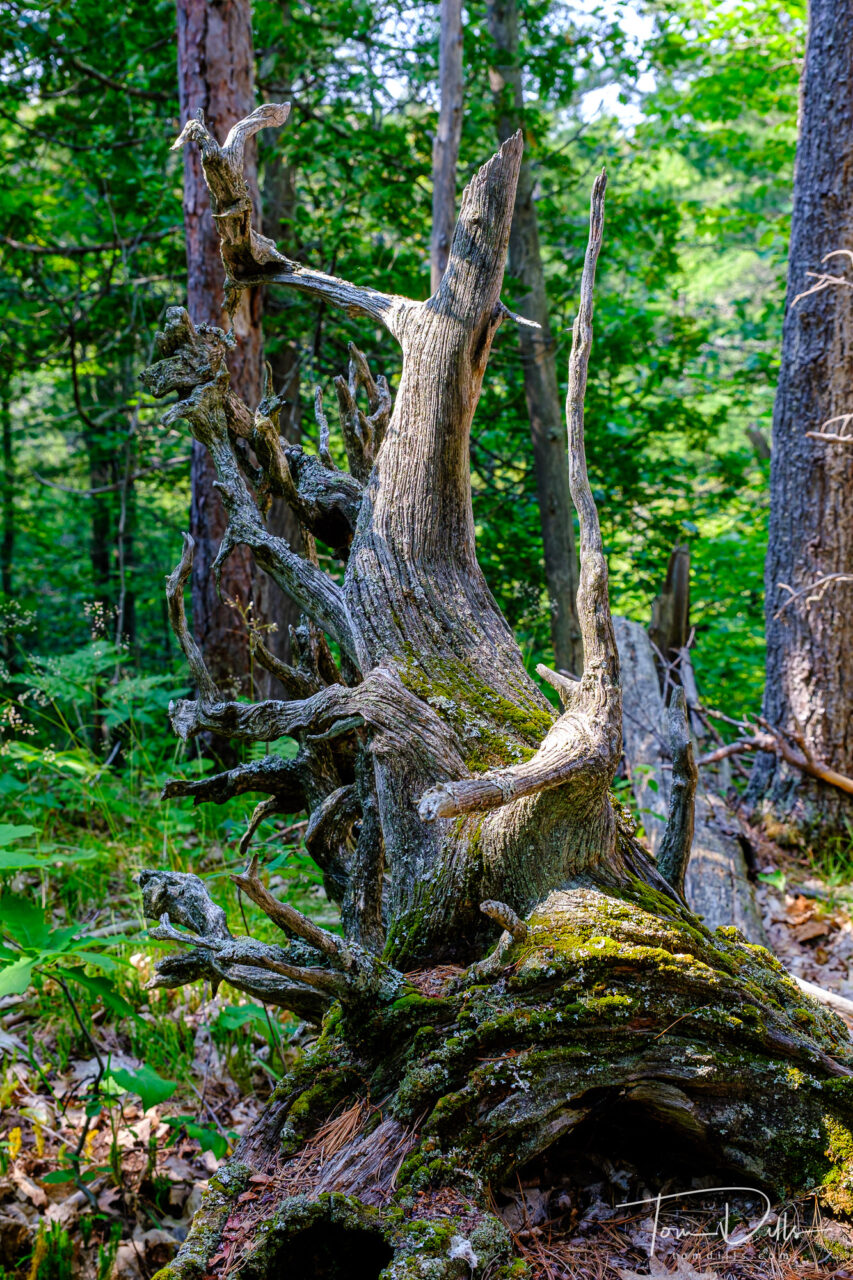
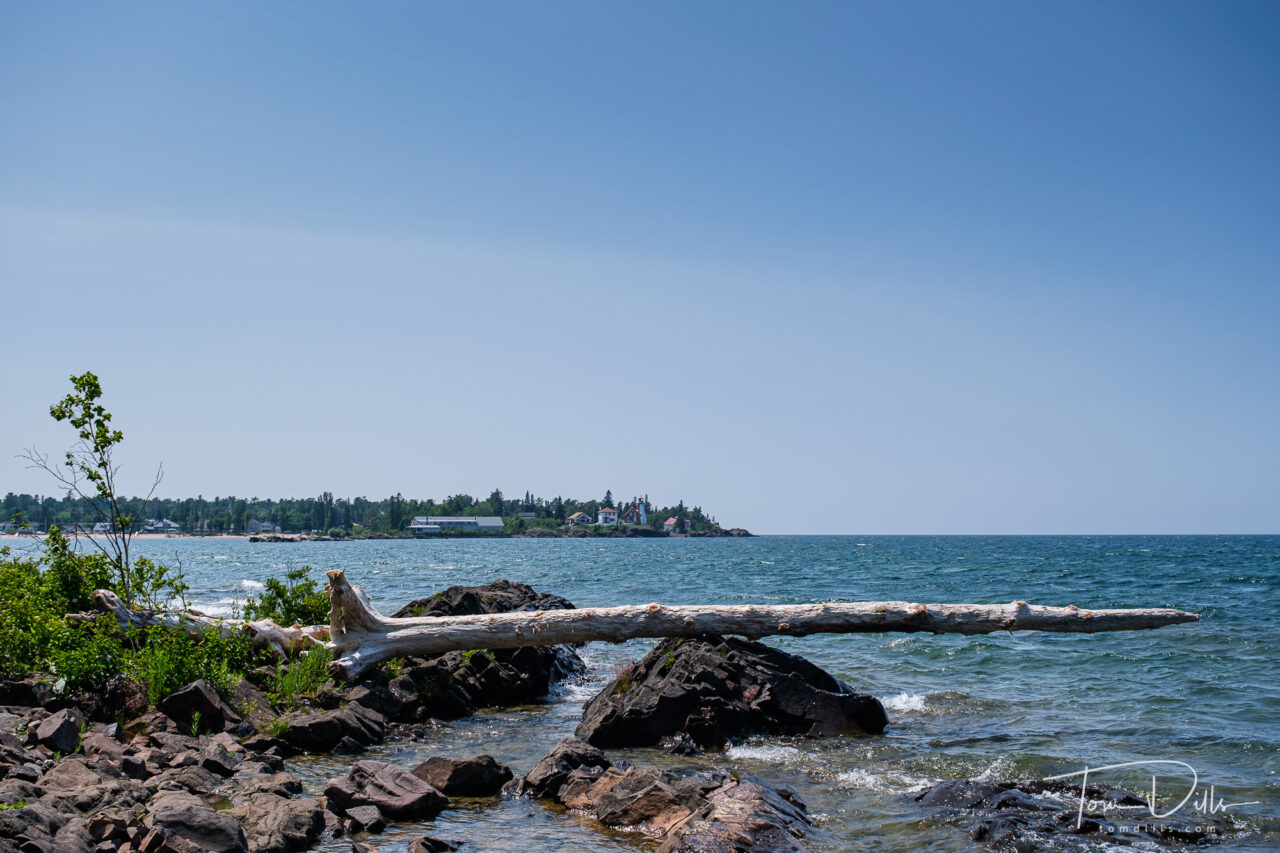
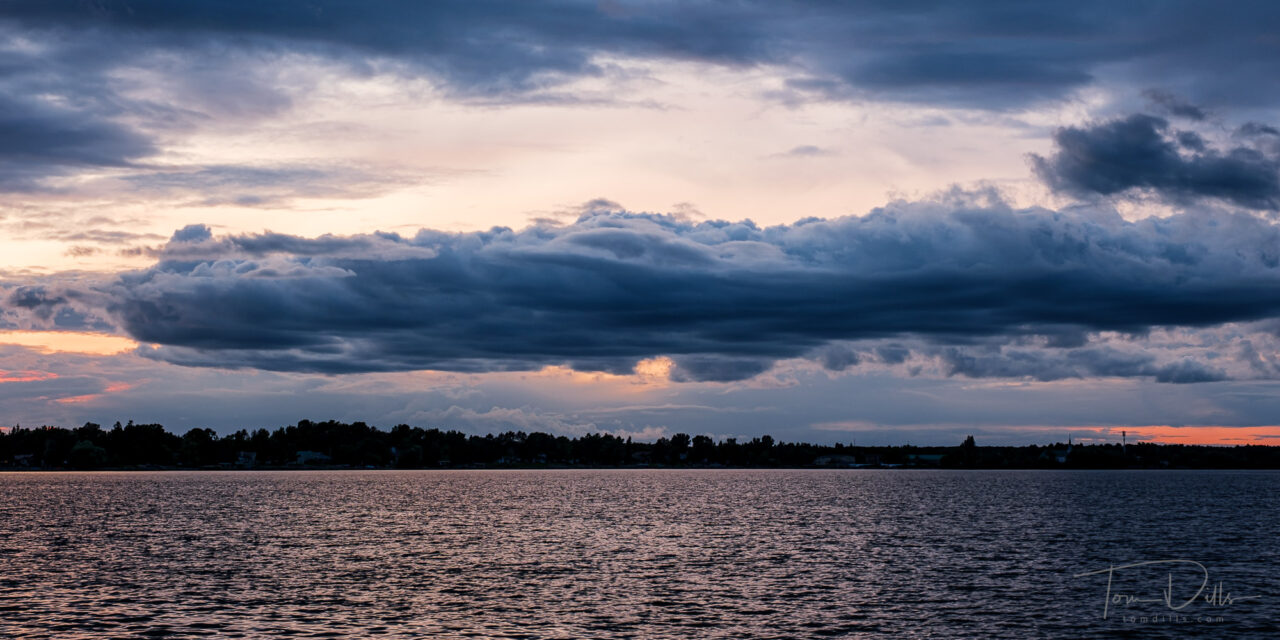
We just returned from another little jaunt, so I am now two trips behind in my posting. Here is a random sunset photo from our Minnesota visit. The sunset itself was nothing special but this cloud was pretty awesome.
In case you don’t wish to wait, I have published a gallery of photos from that trip on my Adobe Portfolio site.